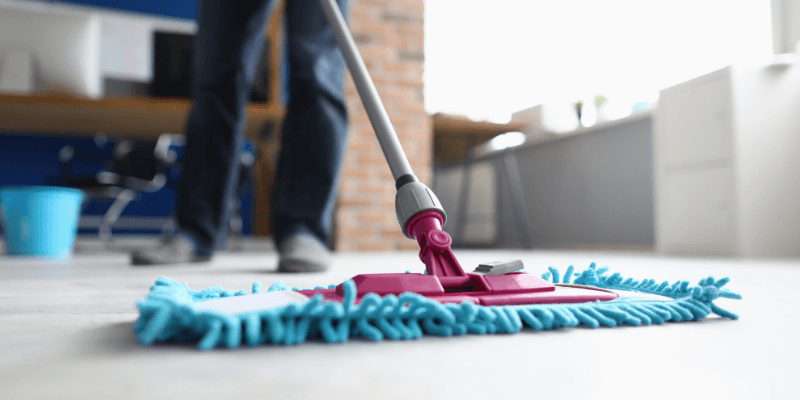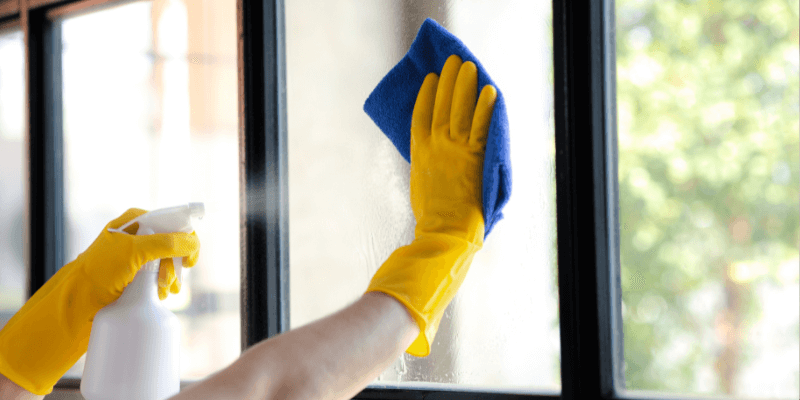Tips for Calculating Workers’ Compensation Insurance Premiums for Your Business

Companies in the U.S. pay $62 billion annually for workplace injuries and illnesses. If you own a business, these numbers make it clear that having Workers' Compensation insurance is essential. In fact, for many companies, it is the law.
However, before purchasing this policy, you probably want to know what it may cost you. Here you can find helpful information regarding how to determine Workers' Comp premiums, so you know what this type of insurance could cost you.
Estimating the Cost of Workers’ Comp Premiums
If you want to determine what Workers’ Comp premiums could cost your business, use the information found below.
1. Add Up Payroll for Each Employee
Workers' Compensation insurance policies are based on your payroll. This is true regardless of if the employee is seasonal, temporary, part-time, or full time.
Start with each employee's gross payroll. To do this:
- Round each worker's payroll to the nearest $1,000
- Estimate projected payroll if no annual amount is available
If you hire independent contractors, check your state regulations to know if you are liable for their Workers' Compensation coverage.
2. Find Your Classification Code
Your business's classification code is one of the most essential details you must get right if you want to get an accurate quote.
A class code is a four-digit number that is assigned to your business based on your industry. When similar businesses are grouped together, it is possible to collect data on Workers' Compensation claims and workplace injuries. The information is then used by the rating agency to determine the risk associated with the type of work and assign a rate to determine the relative risk.
To determine your classification code, figure out the answers to the following:
- Your main service or product
- Tasks that employees handle
- Coverage for contractors or sub-contractors
Once you know this, you can move on to the next step.
3. Look Up Your Business's Workers' Compensation Rate
The Workers' Compensation cost is based on the rate that is set by the state's rating bureau or agency. Check with the regulatory body of your state to figure out which agency sets these.
The rate is represented as the cost for every $100 in payroll. So, if the rate is $0.35, it means that if your business has $100,000 in total payroll, you could pay $350 per year for Workers' Comp premiums.
Your state's rate and annual payroll amount will determine the premium you ultimately pay.
Understanding Your Workers’ Compensation Premium
While determining the amount of Workers' Compensation your business requires may be challenging, it is something that all business owners need to do. This may protect you and your workers.
If you need to purchase Workers' Compensation insurance, you can request an instant quote online and purchase today. Our easy to use quoter finds your class code and does the math for you!
If you have questions about your existing Workers' Comp premiums, please contact us. Our team can help you get the coverage you may need, and we can answer any questions you have about this coverage and protecting your business.


